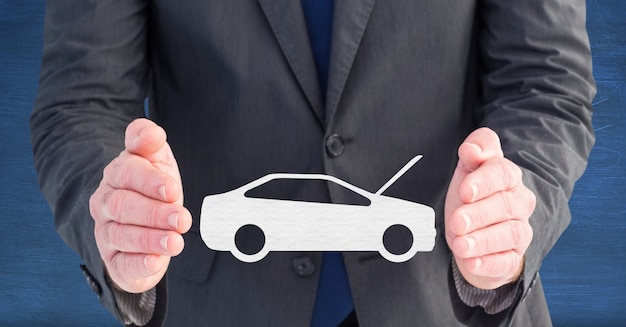
Looking for a fresh set of wheels? The exhilarating yet tense mix of emotions that car shopping stirs can be daunting. Getting a new car is thrilling, but the looming cost can cause concern. New rides can run you $37,000 on average while used ones fall between $15,000 to $20,000. But don’t despair; there are many ways to secure great deals on this sizable expense. This guide lays down essential car shopping strategies alongside tips to squeeze maximum value out of your dollars.
ESTABLISH YOUR BUDGET
The first step involves working out a budget before hitting the car lots. Realistically evaluate what you’re comfortable spending or financing. Dipping into your savings, adding in work bonuses or tax refunds can all add to your car budget. Evaluate your existing expenses to grasp how much you can allocate to car finance, including the ideal term. Be on guard for dealers who offer to extend the term to 5-7 years to reduce the monthly payment.
UNDERSTANDING YOUR CREDIT POSITION
If financing is the way to go, evaluate your credit position sooner rather than later. Checking your credit score online is often free and won’t harm your credit. Numerous sites offer free credit checks. Be aware that dealerships typically refer to your Fico score, which might differ from the score offered by these sites. You can also register with MyFico to check your exact Fico score, or Discover Scorecard, which is free to use. The higher your score, the better your car loan rate.
RELATED: 5 Factors That Can Lower Your Credit Score
EXPLORING YOUR SHOPPING VENUES
A vast range of outlets awaits when you’re ready to buy a car. Car dealerships, independent sale lots, and even rental companies such as Enterprise offer vehicles. Browse their websites or call to see what’s on offer. Schedule your visits and test drives to be methodical in your search.
RELATED: 5 Considerations When Buying a New Car
NEW OR USED – WHAT’S BETTER?
Choosing between new and used often comes down to budget and personal preference. Most people prefer used to save money. Even used cars can be in excellent state with low mileage. Opting for a used car doesn’t mean it’s decades old; you can find newer models with all wanted features at reasonable prices. You might even snag a warranty with the used car. Always ask for the car’s full history including maintenance, repairs, accident history, etc.
WHERE SHOULD YOU FINANCE?
For car financing, the best interest rates and terms are essential. Dealerships often have in-house financing, but these offers might not be the best. Check your bank or credit union as well as online lenders for more competitive packages.
MONEY-SAVING TIPS FOR CAR SHOPPING
Even though buying a car is an expensive endeavor, money-saving tips can make it easier on the wallet.
– Trade in your current car to possibly cut down the cost by hundreds or even thousands.
– If you have excellent credit, you might get a 0% APR deal for some months or years.
– Don’t forget to negotiate the car’s price, especially if you’re dealing with smaller lots or private owners who might be more amenable to price negotiations.
– Shopping around for auto insurance is also crucial to finding the best fit for your needs at the best price.
RELATED: Before Buying a New Car: 5 Things Your Mechanic Should Assess
Car shopping can be the dream mix of thrill and stress. It’s important to be savvy and strategic.


